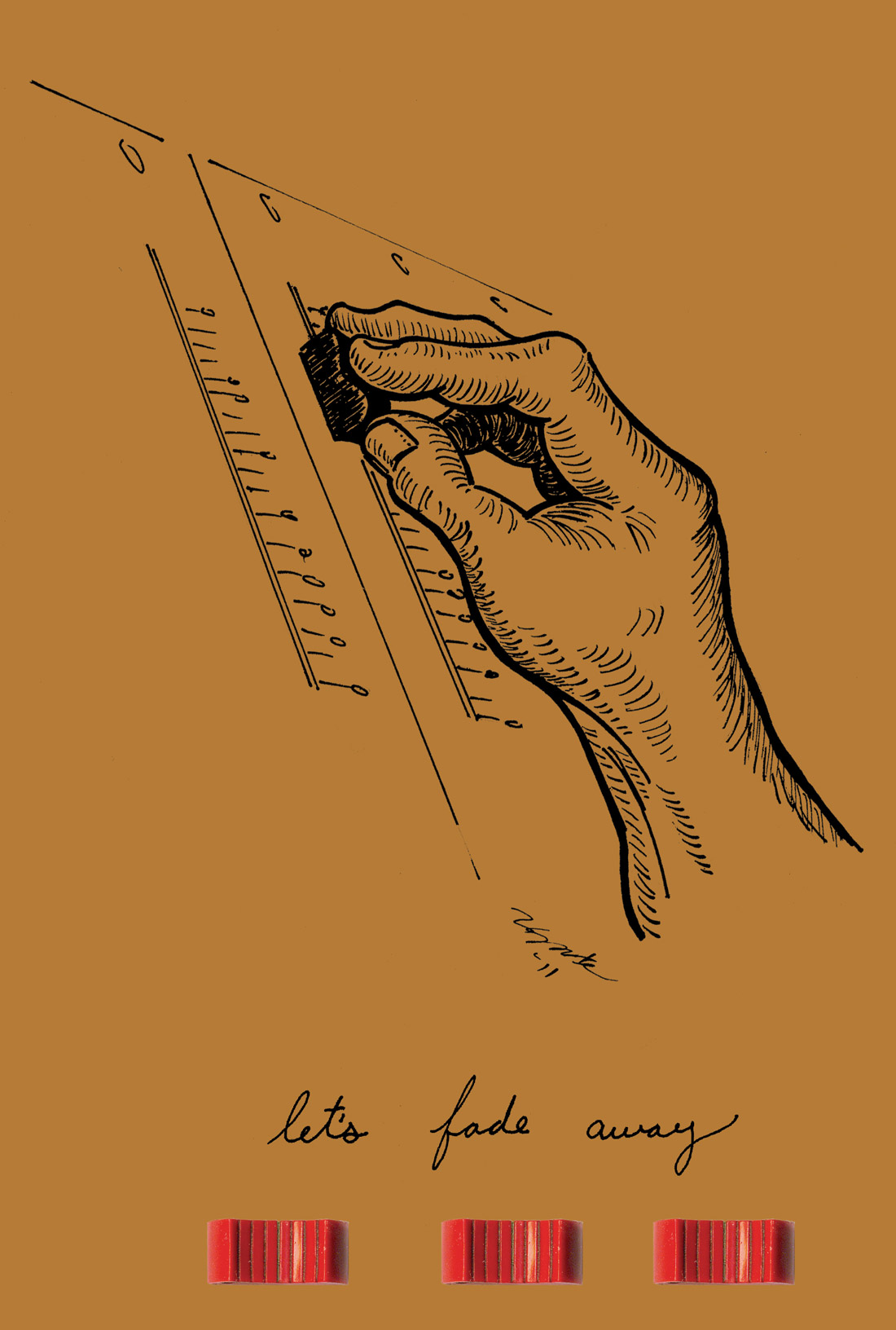I've known Richard since the '80s when we both played in bands in California. Sometime in 2001 or so, Richard, J.D. Foster [Tape Op #34] and I began what was to be his sixth album. It was never completed. Richard returned home, and with a modest recording setup completed the excellent Impasse album, featuring new versions of some of the songs we had been working on. Since we live on opposite sides of the country these days, it was fun to catch up and interview my friend as he toured his new album, Our Blood.
Richard: "I set out to do something, and it seemed like every time I did it took a turn and hit a cul-de-sac. I recorded a film score [for Dream Boy] and I had some material left over. I thought for [this new] record I was gonna use the instrumentals and soundscapes with some written short stories and then have songs with an accompanying book - you'd read the short stories with the instrumentals. I had a grand idea. After I finished the film score, the machine, a Roland VS-2480, broke. I lost all my extra stuff. So I thought, 'Okay, I'll move ahead with the record.' I got part of the way in and the machine broke down again. It's a great machine, but it's been in a storage space in Bakersfield. It's been in a house with cats; it's been through the wringer. So I redid it again, changing things along the way. I got my overdub guys in, put the instrumental mixes on my computer - and the machine freaked out again, but I didn't lose the information this time! That same month my house got robbed and they got my laptop, which included the extra stuff, all the mixes and the writing on my computer, So I had to start again. I sent the album out to be mixed by J.D. Foster - great mixes! But by the time I got it back I heard my own flaws. I wanted to change some performances and I wanted to change some words again. So I finished that, what became the fourth version. Then I found out Malcolm Burn [Tape Op #35] lived two blocks from me. J.D. was out of town, so I went to Malcolm and he mixed it really quick for me. His whole aesthetic was perfect for me. He'd put up the mixes and four hours later I'd be like, 'Yeah, move on.' I had to get it out of my house or I knew it would never end. It was an odyssey and I tried really hard, but the world was against me for a while. I'll never record at home again. I need to go to a studio with a real engineer and a producer. I recorded Impasse at home and swore I'd never do that again. So maybe 10 years from now 'll try home recording again!"
Along with the VS-2480, Richard's gear choices were fairly minimal: "I only had a single mic preamp that I used, a Grace, and I did it one track at a time. It worked out okay in this case, but I still don't feel like I have a 'real' home recording setup. It works fine for me 'cause it's all I can really wrap my mind around. When I worked with J.D. I got a [FMR Audio] Really Nice Compressor, but I never use it. I don't understand that kind of stuff."
Despite Richard's claims of limited recording chops, Our Blood is classic Buckner. It's a great sounding album, featuring his rich, unique voice, chugging guitars and perfect accompaniment. But maybe I'll con him into returning to Jackpot! for his next album! (www.richardbuckner.com, www.mergerecords.com) -LC
LEVIN TORN WHITE Peter Gabriel's favorite bassist, Tony Levin [Tape Op #33], guitar boundary pusher, David Torn [#49] and drummer for Yes and John Lennon, Alan White recording an instrumental prog rock album together? Hell, yes! Produced by Scott Schorr and Tony Levin, Scott tells us he first "recorded Alan's drums with Jonathan Plum at London Bridge Studios [in Seattle]. My discussions with Alan were, 'Dude, I want this to be a pretty hardcore record. You have no rules or limitations. Just go OFF!' I put the click on at different tempos and let him run. In between takes he'd be doing some crazy shit and I had Jon hit record. Alan had no idea he was being recorded. Some of those gems made the album." Scott then edited down Alan's drum takes and retreated to New Zealand. That's where Tony joined him to record bass and Chapman Stick at Grandma's Itchy Place [in New Plymouth]; where Scott and Dave Carnahan engineered. Apparently Tony was given the same instructions. "He played for five days over Alan's beats. We tried both old and new effects pedals." Tony's parts were then sorted and edited down with the drums. From there they went to David Torn's Cell Labs East in Woodstock, NY, where they recorded with engineer Robert Frazza. David was given the same set of instructions. "He looked at me like I was crazy and he did his shit. Sometimes I muted the bass so he had no idea what the part was, or even what key Tony was in. It was brutal and fun. I then came back to New Zealand and locked myself in a dark place." We presume this time was spent editing! From there the album was mixed in Portland, OR, by the talented Tony Lash at Mandible Productions (great job, Tony!) and mastered by Tape Op contributor Larry DeVivo at Silvertone Mastering in New York. It's crazy to think that, for the most part, none of this material was the result of three high caliber musicians jamming in the same room. Then again, this album is shaped so much by Scott's careful editing and production. In the end that's what makes it work so well. (levintornwhite.com, www.lazybones.com) -LC




_disp_horizontal_bw.jpg)